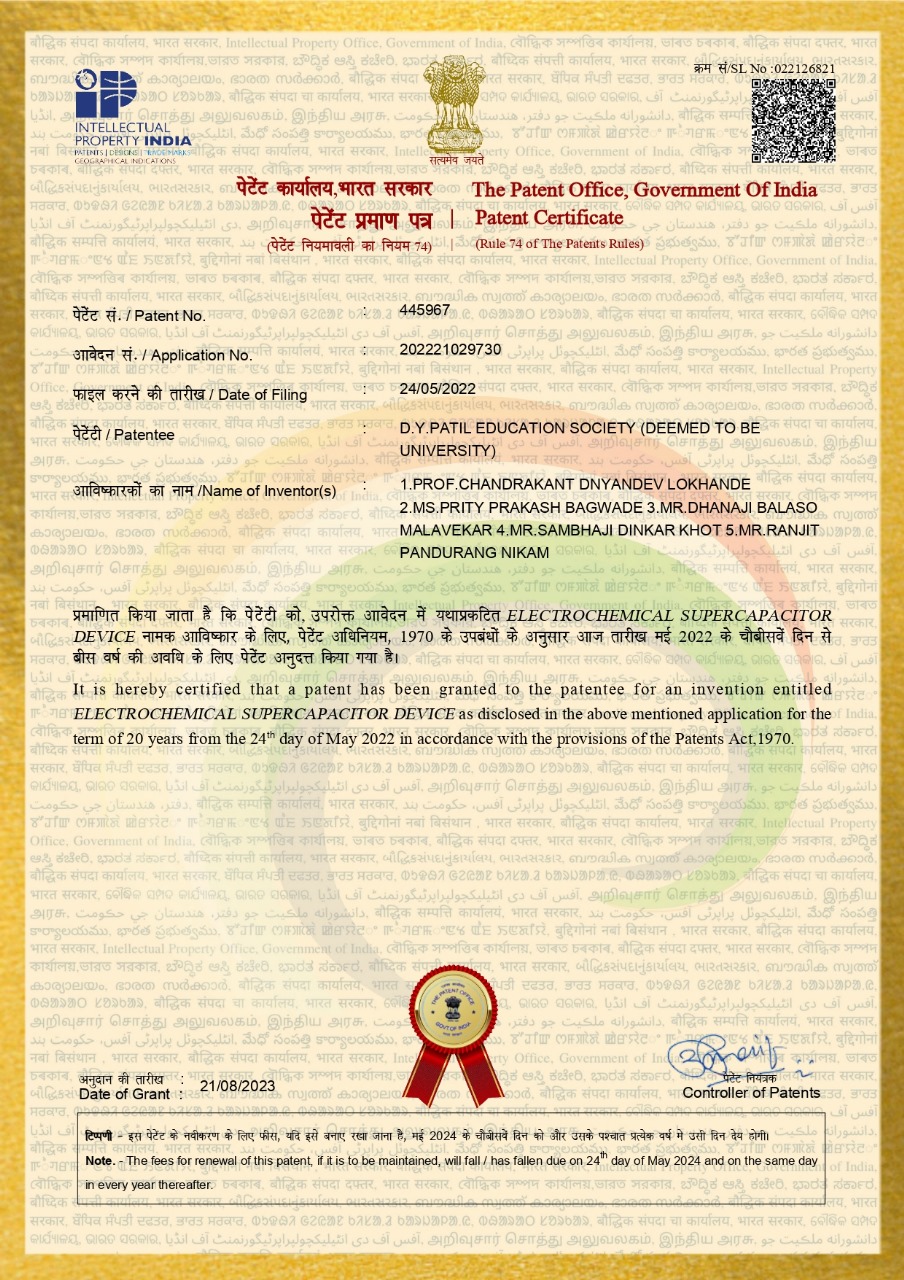| ‘Graduate attributes are the qualities, skills and understandings a university community agrees its students should develop during their time with the institution.
These attributes include but go beyond the disciplinary expertise or technical knowledge that has traditionally formed the core of most university courses. They are qualities that also prepare graduates as agents of social good in an unknown future.’ Bowden, Hart, King, Trigwell & Watts (2000) |
The D. Y. Patil Medical College (DYPMC) curriculum embodies the core principles of creating patient focused and care oriented graduates. A complete graduate is considered as one who reflects the 6 core themes:
Theme 1: Health Promotion and Diseases Prevention
The graduate must maximize health and minimize the development of disease.
The DYPMC curriculum uses every opportunity and patient contact to promote good health and prevent a variety of diseases, including common infections, metabolic diseases, malignancies and degenerative diseases where prevention has been shown to be effective. This includes the identification of known risk factors at an individual, family and population level and the active promotion of risk reduction practices and policies by our well-trained and practiced professionals.
Theme 2: Personal and Professional Development
Our curriculum recognizes that every graduating student should be fully aware of his or her duty to commit to the Code of Conduct expected of a Medical Practitioner.
This includes not only learning the clinical responsibilities required for patient care but also key personal and professional responsibilities. These responsibilities are required to become a competent clinician, life-long learner, teacher, resource manager, community leader, team member and researcher. Graduates of DYPMC will be reflective and capable of evaluating their own competencies and limitations. They will also be open to receiving constructive feedback on their performance and will know when to seek the counsel and advice of seniors and peers, as appropriate.
Theme 3: Communication Skills
Our Graduates should be equipped with a style of patient communication necessary to gather and convey relevant information in an effective manner, with sensitivity to patient and relatives’ needs and situation.
Effective communication contributes over 80% of the information required to define patients’ problems and negotiate appropriate solutions. The communication skills encompass more than traditional “bed-side manner”. This means expanding on the traditional model of history-taking, which focused on the ‘disease’ or ‘doctor’s agenda’. At DYPMC every graduate will learn the key skills of high-quality listening and explanation which underpin the ‘illness’ or ‘patient’s agenda’. Over 90% of medico-legal claims against doctors can be traced back to poor doctor-patient communication. The emphasis on the importance of communication skills during learning will enhance clinical performance and reduce the risk of litigation.
Theme 4: Ethics and Law
Our Graduates will be sensitized, knowledgeable and able to implement ethical, legal and humanitarian principles and practices in health care delivery.
DYPMC graduates gain an acute awareness of ethical principles and practices. This includes their legal obligation to always practice medicine according to the Codes and Laws of the country in which they work. Our graduates will be keenly aware of and sensitive to the cultural beliefs and practices which impact patients’ lives even if these fundamentally differ from a doctor’s own beliefs and cultural norms.
Theme 5: Clinical Skills
Our Graduates shall exhibit a deep understanding and knowledge of the range of clinical skills, expected of a general practitioner.
DYPMC graduates will be proficient in the range of procedures and skills (including communication skills) expected of an Intern. This includes competencies that will enable a young doctor to examine the patient, define patients’ problems, carry out investigations where appropriate and initiate first-line management subject to agreed protocols and quality standards.
Theme 6: Decision Making
All DYPMC graduates must be competent in sound clinical reasoning and decision-making appropriate to their junior grade in their first Intern/House Officer post.
An inquisitive and questioning attitude will be inculcated in the students during their undergraduate years. This will enable them to become competent and confident to sift through and analyze key information. Once this competency is achieved, the graduate will be able to reach sound judgments on clinical problems encountered and determine how these problems should be managed. This will be preferably in partnership with, rather than on behalf of, patients. The theme fosters an evidence-based approach to clinical practice amongst both teachers and students which recognizes that many clinical decisions still lack sound evidence for their effectiveness. Additionally, on a personal level it is important to recognize that uncertainty abounds in clinical decision-making and that graduates need to develop coping mechanisms to deal with this. This includes how and when to consult more experienced colleagues, rather than being reluctant or afraid to do so.
|
I believe that no one can teach you how to act, but schools do give you an environment to make mistakes, to learn techniques and to learn professionalism. -Enrico Colantoni |

